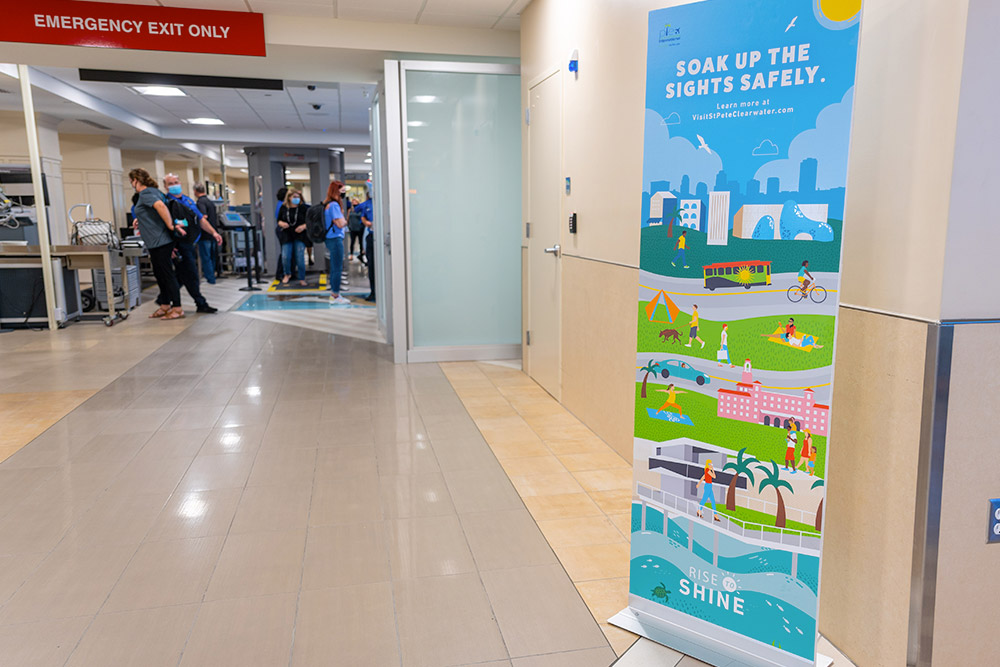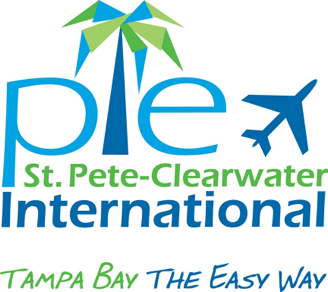TSA Tips for Traveling During the Pandemic

The Coronavirus Pandemic has disrupted and transformed the lives of people around the country, with many staying at home waiting for the crisis to pass. For those who are able to fly, feelings of uncertainty may arise. What are the proper precautions? What is allowed and what is not? On April 15th 2020, the TSA released a set of tips for people engaging in airline travel. These tips can help you avoid illness and fly safely while remaining in compliance with airline and TSA rules.
The Coronavirus Pandemic has disrupted and transformed the lives of people around the country, with many staying at home waiting for the crisis to pass. For those who are able to fly, feelings of uncertainty may arise. What are the proper precautions? What is allowed and what is not? On April 15th 2020, the TSA released a set of tips for people engaging in airline travel. These tips can help you avoid illness and fly safely while remaining in compliance with airline and TSA rules.
1. Bringing Wipes is a Good Idea
Sanitizing wipes are allowed through security! You may bring individually wrapped envelopes of wipes, large packages of wipes or jumbo containers of wipes. Wipes are allowed in your checked luggage or in your carry on bag. If you're planning to bring a jumbo container of wipes, liquid may leak from the container if it falls over in your luggage. You can prevent leaks by placing the container in a large gallon-sized bag.
2. Carry Hand Sanitizer
Over the years, TSA has imposed strict limits on liquids allowed through security. Passengers may bring no more than three 3.4 ounce bottles through security, and all three bottles must fit into a 1 quart bag. The new exception to this rule, it that passengers may bring hand sanitizer through TSA checkpoints, even if the container exceeds the standard 3.4 ounces. Containers of hand sanitizer up to 12 ounces are allowed. This exception applies to hand sanitizers only. For all other liquids, bottles must be no larger than 3.4 ounces or 100 milliliters. Hand sanitizer bottles must be separately screened, so plan to take a little longer in security if you bring a large bottle of hand sanitizer.
3. Know the Mask Rules
Passengers may wear non-medical face masks on planes and through security checkpoints. In fact, many major airlines have implemented rules requiring face masks for travelers on their planes, so check with your airline before leaving for the airport. The TSA will allow you to wear a face covering through security, but they may ask you to adjust your face covering while they confirm your identity.
4. Wash Your Hands
Wash your hands at every opportunity, especially before eating, after eating, after using the restroom, after blowing your nose or sneezing, and after touching garbage. Follow this procedure when washing your hands:
- Wet your hands under warm or cold water.
- Apply soap.
- Lather your hands to create suds. Wash between your fingers, under finger nails, the backs of your hands, palms and on your wrists.
- Continue this washing process for about 20 seconds.
- Rinse your hands.
- Dry your hands in a paper towel.
If you're not able to wash your hands, use generous amounts of hand sanitizer containing at least 60% alcohol. To use hand sanitizer, apply a hand sanitizer to the palm of one hand, then slather the hand sanitizer to both hands including the backs of your hands, palms, in between fingers, under finger nails and so on. Allow the hand sanitizer to air dry; this will take about 20 seconds.
5. Know Identity Requirements
If your driver's license recently expired, you might have a hard time getting a new ID. The good news is that TSA will still accept your ID at the check point, if it expired on or after March 1, 2020 and you are unable to renew at your state's driver's license agency. TSA will continue to accept expired licenses for up to one year after expiration or 60 days after the duration of the emergency, whichever is longer. For travelers who need REAL ID-compliant driver licenses. The new deadline for obtaining this type of ID is October 1, 2021. So, if you're unable to get a new license or a new ID for the time being, breathe easy. You can probably still fly.
6. Keep Items Out of Your Pockets When Going Through Security
TSA still requires people to remove items from their pockets and place those items in a bin when going through security. These bins are used and re-used throughout the day. You can avoid using or touching bins by putting items from your pockets into your carry-on bag. If you must put items from your pockets into the bin, wash your hands after handling those items. The same goes for the bins; if you need to touch them, wash your hands after doing so.
Going Somewhere? Be Safe!
No one takes air travel safety more seriously than the professionals at PIE. Our facilities are cleaned daily, and we provide every opportunity to wash your hands. We will provide you with the information you need to stay safe during flight. We can all fly and be safe by following these guidelines.

